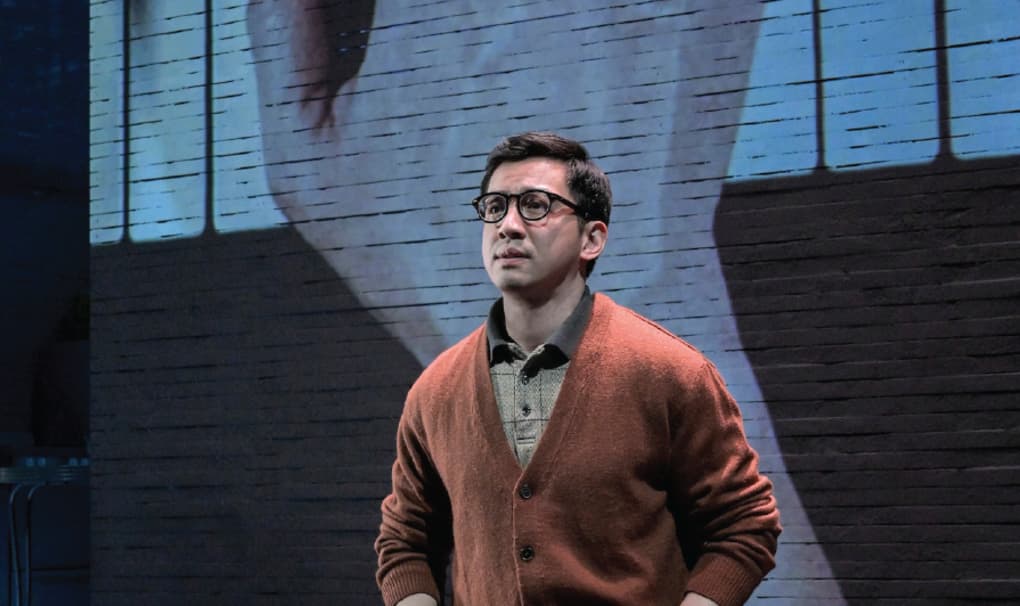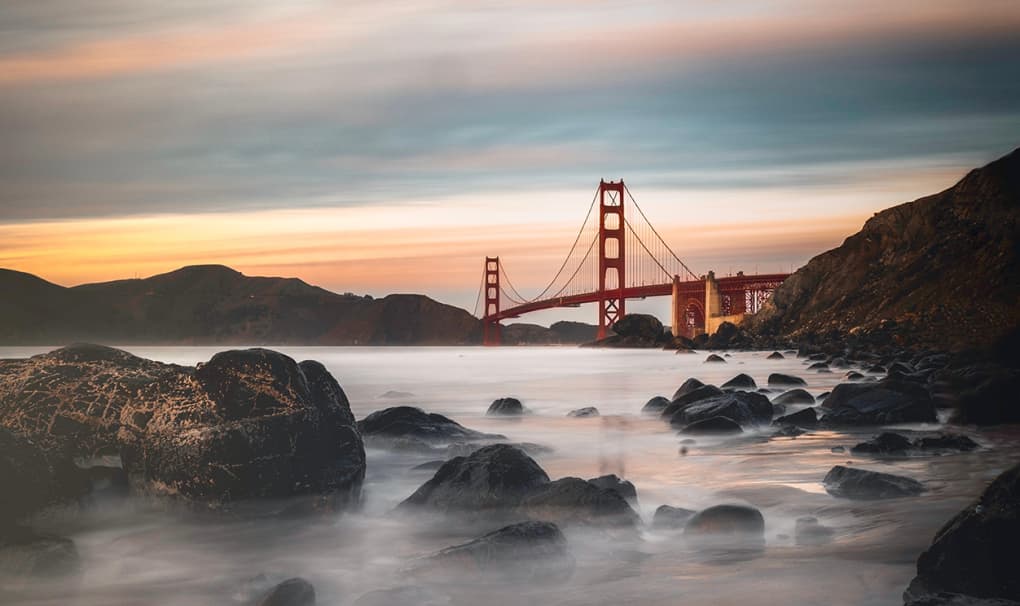

The spirit of duende, the Spanish term for passion and inspiration, is central to the works of Federico García Lorca. For A.C.T.'s production of Lorca's Blood Wedding, director Christine Adaire and actor Hernán Angulo share their interpretation of duende, and how it influenced their production.
Federico García Lorca was obsessed by the spirit of Duende. Duende is one of the most elusive words in the Spanish language. Literally, it means “ghost” or “goblin.” In art, particularly drama, dance, and the music of Flamenco, it refers to the powerful energy emitted by a performer to captivate the audience. Lorca gave a lecture in Buenos Aires in 1933 in which he described duende as “a force, not a labor, a struggle, not a thought,” “the mystery, the roots that cling to the mire we all know,” and “a creature who sweep[s] the earth with its wings of rusty knives.” It is not based in reason or the intellect, it “surges up from the soles of the feet.”
Blood Wedding was inspired by a true story of a fatal feud between two families in Almería, high in the mountains of Southern rural Spain. It is a fierce play, written in only a week, in a frenzy of inspiration. Death, violence, pride, lust, and love are explored in a breathless race to a tragic end. In this production, we’ve introduced two Flamenco dancers who embody the spirit of duende. Their passion and relentless rhythm guide us through the story.
—Christine Adaire, Blood Wedding director and A.C.T. faculty member
Before we began rehearsal, we learned about duende (doo-EN-deh). It's a Spanish term that is connected to flamenco. The term is also connected to the spirit of evocation, inspiration, and ignition. It's a spirit that enters the body of the artist when they are performing, writing, and/or painting. It also enters the bodies of audience members when they see a performance or hear a song. Think about the last time you saw a performance that gave you chills or moved you so much it made you laugh or cry—that's duende. We hope that when our audiences see Blood Wedding, they can feel the duende enter the soles of their feet and travel all the way up to their chests as they see the electrifying flamenco dancing and the characters in the play pursue the dualities of their freedom and possessions.
Read more on Federico García Lorca and duede here:

